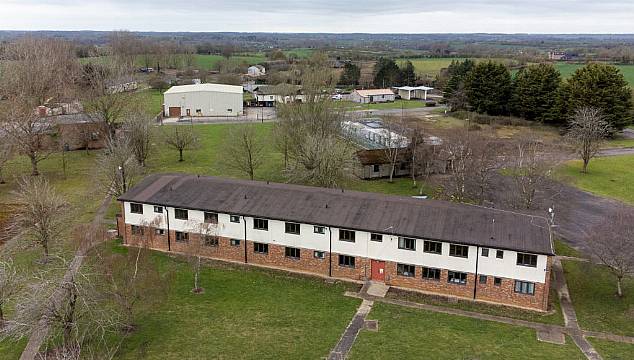Braintree District Council has lost a Court of Appeal challenge over Government plans to house asylum seekers at Wethersfield Airfield in Essex.
The council brought legal action against the Home Office over the proposed use of the redundant RAF airfield to accommodate up to 1,700 male asylum seekers for up to 180 days each under emergency powers.
The Ministry of Defence (MoD)-owned land was one of the sites identified when immigration minister Robert Jenrick unveiled plans in March to house asylum seekers in disused military bases to reduce reliance on hotels.
The local authority’s lawyers asked a judge to grant it an injunction preventing the use of the 6.5-hectare site, arguing proposals would breach planning control.
But, in a ruling in April, a High Court judge concluded the court did not have the legal power to grant the council’s application and struck out the bid, ruling in favour of the Home Office.
Earlier this month the council brought a challenge to the Court of Appeal and argued the High Court judge – Mr Justice Waksman – had the power to make an injunction.
However, in a judgment on Friday afternoon, three judges dismissed the appeal.
In their ruling, Sir Keith Lindblom, Lord Justice Dingemans and Lady Justice Whipple said that the original judge was correct.
They said: “Having considered all the submissions made to us, both written and oral, on the issue of jurisdiction, we find it impossible to accept the argument advanced on behalf of the council.”
They added: “It seems to us clear that the judge was right to conclude as he did on this issue, and that his essential reasons for doing so are sound and complete.”
Mr Justice Waksman said in his original ruling that the Home Office estimated there were 109,000 asylum seekers – the highest level on record – in need of accommodation and support as of the end of March, including 48,000 being housed in hotels, at a total cost of £6.2 million a day.
The court heard in April that Home Office operational plans are based on scenarios of up to 56,000 small boat arrivals in 2023, which would take the number of people needing accommodation and support to between 120,000 and 140,000.







